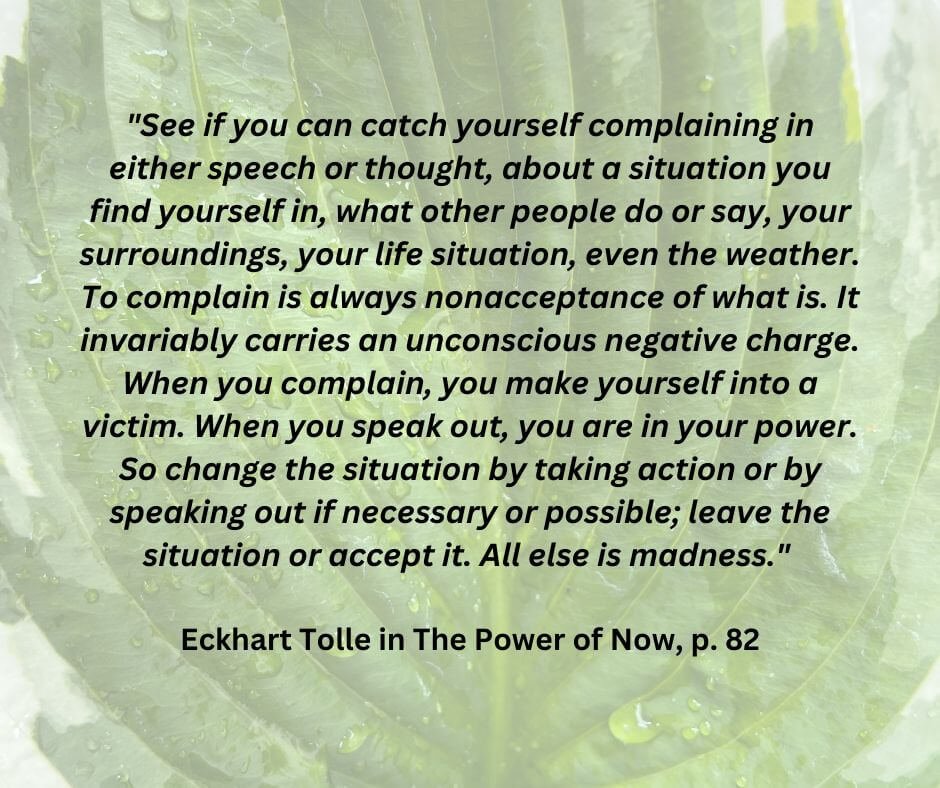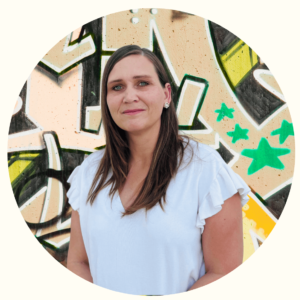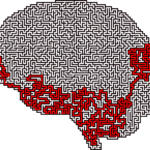Positivity Increase Health

Summary: The author reflects on self-compassion and the detrimental nature of complaining, contrasting it with love and compassion. Inspired by Will Bowen’s “A Complaint-Free World,” she embarks on a challenging journey to eliminate complaints. Their pursuit aims for enhanced wellbeing through self-awareness and compassion practice.
As I was writing my last blog post on Self-Compassion and Kristin Neff’s book “Self-Compassion: The Proven Power of Being Kind To Yourself”, I started mulling about what compassion and self-compassion might look like in life.
A Complaint-Free World
Self-compassion and compassion for others could be accessed through multiple routes (Kristin Neff gave many ideas in her book). However, something I immediately thought of, when thinking about compassion, was a book I read some years ago about complaining. The book was called “A Complaint-Free World: How to Stop Complaining and Start Enjoying the Life You Always Wanted by Will Bowen”.
My Previous Experience Of Stopping Complaining
Four Stages Of Competence By Martin Broadwell
Since then, I have learnt about the ‘Four Stages of Competence’ Model by Martin Broadwell. This model states that there are four distinct stages in the learning process:
1. Unconscious Incompetence:
The learner is not aware how to do the required task and may also not be aware that they do not know how to do the task.
2. Conscious Incompetence:
The learner becomes aware that they do not know how to do the required task. They are likely to make a lot of mistakes at this stage as the attempt to do the task.
3. Conscious Competence:
The learner learns how to do the task. However, it still requires diligence and concentration to achieve it. Focus and attention are required.
4. Unconscious Competence:
The skill has been mastered to such a degree that focussed concentration is no longer required to perform the task.
To Inform, Not To Complain
Complaining Is Bad For Your Health
Putting It Into Practice
I think a non-complaint practice takes time to master. Will Bowen came up with the idea of using a bracelet on your wrist that you switch from one wrist to the other each time you complain. The aim is to get through a day, a week or a month without switching it. I bought one of his bracelets for this purpose. I like the idea of how this work sand will go and dig mine out of the cupboard so that I can use it from now. Like any other form of practice – yoga, meditation, breathwork, even instrumental practice – I don’t anticipate it will be easy or free from mistakes. But the learning is where the healing is.
So, dear readers, if you see me complaining in any of my future blog posts, please kindly call me out on it! I won’t take it as a complaint from you, I promise. It will purely take it as a gift of learning for me.


GET HEALINGT1D’S FUTURE ARTICLES IN YOUR INBOX!
Get the latest musings and findings straight to your email inbox.

Natalie is a blogger with Type 1 Diabetes. Natalie's special gifts are questioning the status quo and being a rebel. She is using these gifts to question medical 'knowledge' and find a true cure for Type 1 Diabetes.
Recent Comments:
- Sandra on Nutrition Update
- latestModapks on Daniel Darkes
- Natalie Leader on Daniel Darkes
- Senna on Daniel Darkes
- Sandra on High Blood Pressure





